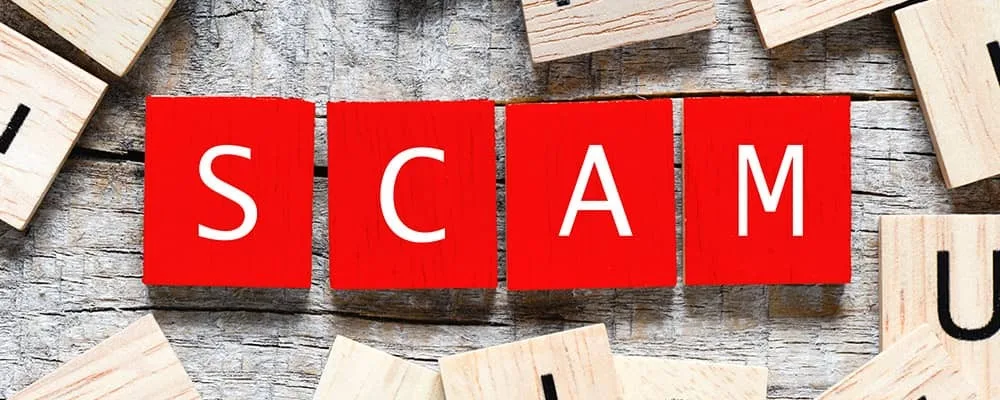In Limerick, a recent surge in mortgage scams has prompted a strong warning from local Gardaí, especially after a distressing incident involving a Limerick woman who fell victim to a deceptive scheme by a fake company named “Temple Money Ireland.” This story serves as a stark reminder of the risks lurking online.
The victim, residing in Patrickswell, was ensnared by the promise of easy loan approvals from Temple Money Ireland. Initially, she was asked to pay a €300 fee to secure the loan. This request was quickly followed by another demand for €150, purportedly to cover tax-related expenses on the loan amount. After fulfilling these payment requests, she was cut off, losing all contact with the company and her money, highlighting a painful scam.
Sergeant Ber Leetch from Henry Street Garda Station, speaking on the local radio program Limerick Today, shed light on the tactics employed by such scammers. “Scammers exploit the desperation of those struggling to find and afford a home,” he explained. These fraudulent entities craft sophisticated online presences, complete with offers for loans and mortgages that appear entirely legitimate at first glance.
To combat this rising threat, the Crime Prevention Officer at Henry Street has shared several essential tips. One of the most critical steps for prospective borrowers is to verify the legitimacy of any financial institution by consulting the Central Bank’s official register. This register can be accessed directly through the Central Bank’s website at Central Bank Register, ensuring that users avoid potentially manipulated links provided by dubious companies.
Furthermore, as of August 2023, the name “Temple Money” was notably listed on the Central Bank’s register of unauthorized firms—a clear red flag for anyone dealing with financial transactions online.
In conclusion, while the digital age brings convenience and efficiency to financial dealings, it also poses significant risks. It’s vital to remain vigilant, double-check all available resources, and never proceed with financial transactions based solely on online interactions without thorough verification.
